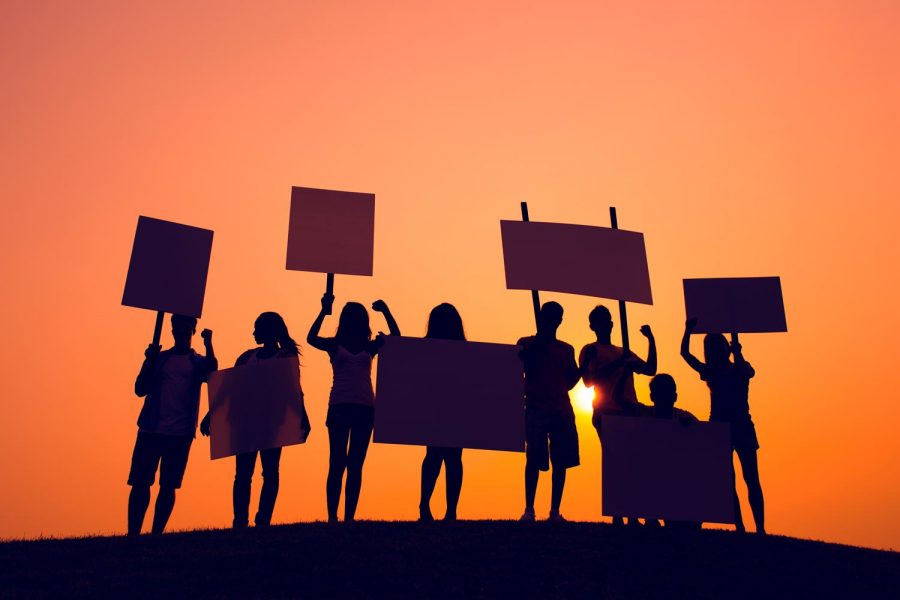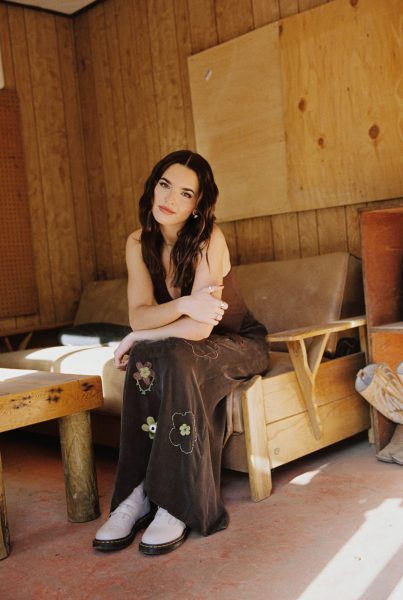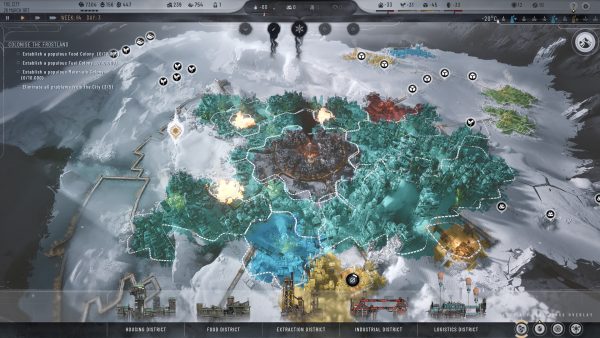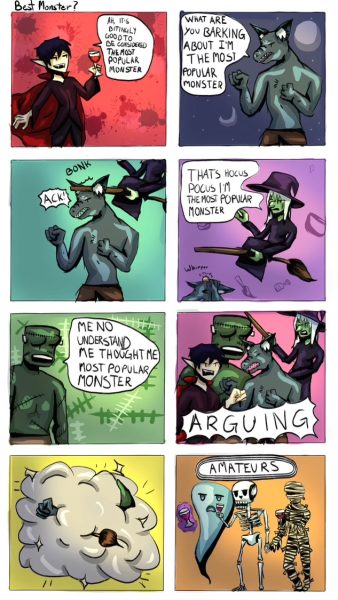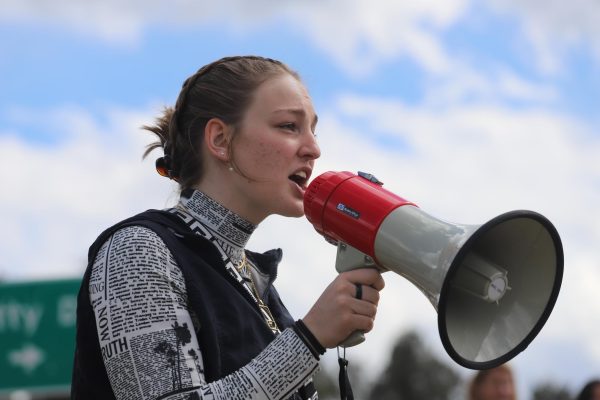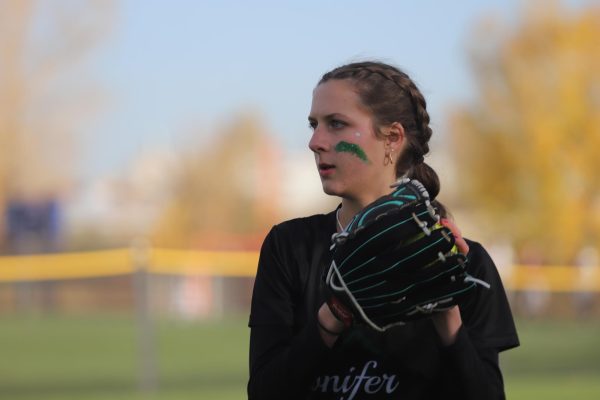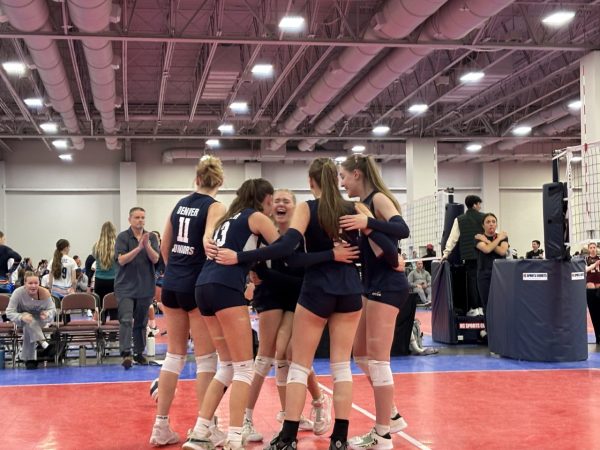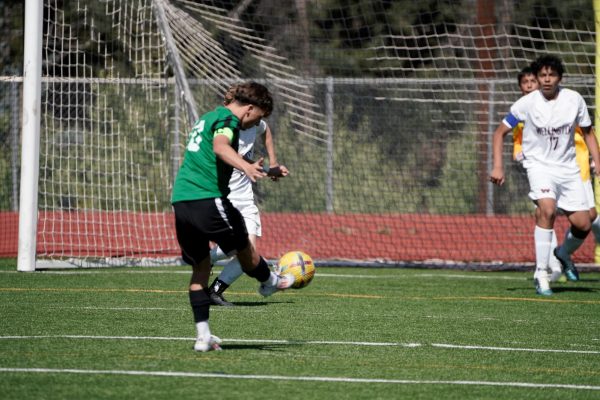Using Your Voice
How Teens Can Change the World
I am someone who always wants to step up and change the bad things in the world. When I turn on the news and see people having to fight for equality, or hear about another hate crime, or even a school shooting- I feel a mix of emotions. It starts with feeling sad, then it turns into anger. I get mad that these things happen and continue to happen.
I wanted to stop just feeling anger from these problems. I wondered what I could do to help. However, the world of politics and activism is huge, and I’m just a teen. I had the mindset that my voice would be too small and not make a difference; then I realized that mindset was wrong. I realized that there are ways teens can use their voices, whether it’s at home, through groups, or even social media. I learned that I’m not the only teen who felt that way and there are so many who want to make a change. So I began doing some research, and found ways teens can use their voice for good.
The first way is through social media, an outlet that a majority of teens have access to. Teens all across the world use social media to share their opinions on issues and spread awareness to topics such as climate change, racial injustice, and much more.
“I express my beliefs through social media, so a lot of people know where I stand,” Junior, Grace Troxler, said. “It makes me feel better if I just try… I think gen z is way more politically aware than the other generations when they were teens, just because of social media- like tik tok. I learn a lot about what’s happening in other countries from that platform, and then I’ll do my own research.”
I set up a poll on my instagram to get some feedback from my peers. Out of 125 votes for the poll, 83% of the people said they learned a lot about political issues through social media.
“I like sharing things on my Instagram, I’ll find posts of what’s going on around us and share them,” Junior, Noa Carter, said. “I think it’s important to share what you think, because that could change a lot of negative things going on around us.”
Social media isn’t the only way teens can step up. They can also take active roles in their community. Teens can find groups that help them grow as activist leaders. I spoke to Dr. Janiece Mackey, the co-founder and executive director of Young African Americans for Social and Political Activism (YAASPA). Mackey founded YAASPA when she became a student at Denver University and realized she was one of the only people of color there. She wanted to provide support to students of color in their academic career.
“As an adult in this space, I try to typically use my connections in order to ensure that the youth has those connections and that they are in a position of power,” Mackey said. “We have a summer program, a social studies and policy institute… that’s for middle and high school students. We have youth councils as well, and that’s where youth are researchers about issues that they care about. We also have classes that we offer in middle and high school… in order to get youth connected to their identity; and then we also have collaborative healing sessions as well. It’s really important to us that our students have a place where they can be their full authentic selves.”
Resources and groups such as YAASPA can be found all across the nation. Groups come together to provide a safe place for youth without regard to their race, sexuality, religion, etc. A place where youth can focus and provide for the future. As well as talking to Mackey, I spoke to Paris Ye. Ye is a sophomore in high school who lives in Maryland. Ye is a member of the Youth Activism Project. Youth Activism Project is an international organization, teaching teens to become active leaders in their communities.
“The Youth Activism Project provides support for youth activists through their journey. We support in many ways, that includes: youth activist groups, partnering with youth organizations, creating a hub for youth activists to contact each other, finding mentorships, and so on and so forth,” Ye said.
A resource that Youth Activism Project provides for all youth is their activation hub. The activation hub is one on one mentorship calls with activism leaders. It’s a place where the teens can express their beliefs on issues and ways they’d like to see a change. It provides a space where the activists can bounce ideas back and forth to each other. Members of the activation hub can have any range of experience in activism, whether you are starting out or have lots of knowledge. To sign up for the activation hub, go to YouthActivismProject.org. There, select the activation hub under the ‘what we do’ tab.
“I think that it’s really important for the youth to be politically aware and active because, first of all, the youth are the future, and we are going to be the ones affected by the future. We should care,” Ye said. “I also think that it’s so important for youth to get involved because I think that getting involved as a teenager sets you up for life. People who are involved at an early age will probably become lifelong voters, for example, which I think is super important to establish. I also think activism gives you a lot of skills that you can bring to a lot of different things, even if you don’t become a politician necessarily. Throughout your life you could still be involved in activism.”
So in the end, I found that while the world of activism is huge, there’s resources and support all around you. Whether it’s just posting on social media or joining a group, you are not alone on your journey to change the world. Even as a teen, you can make a change.
“I want folks to know that the youth are brilliant, that the youth are experts,” Mackey said.
